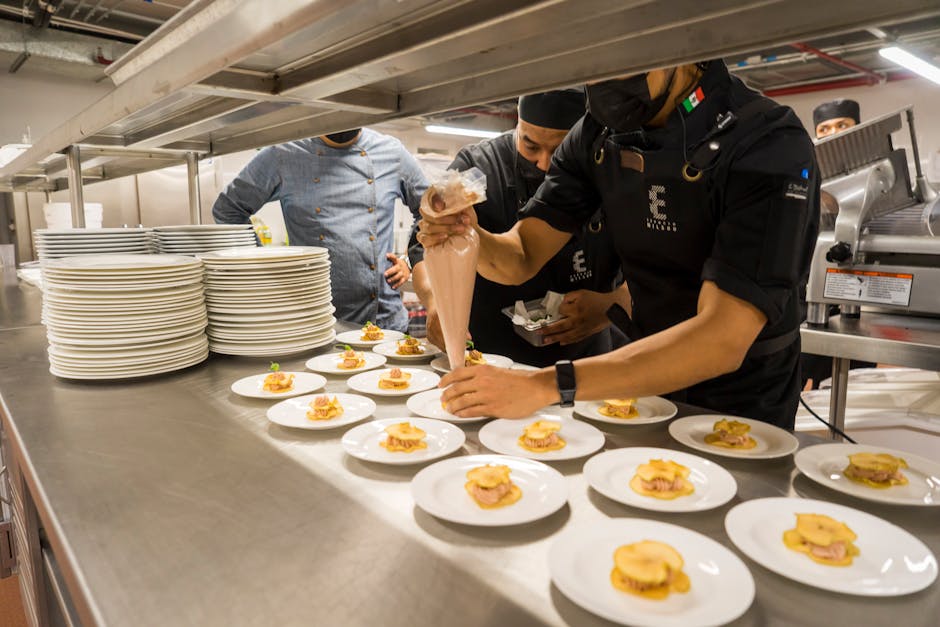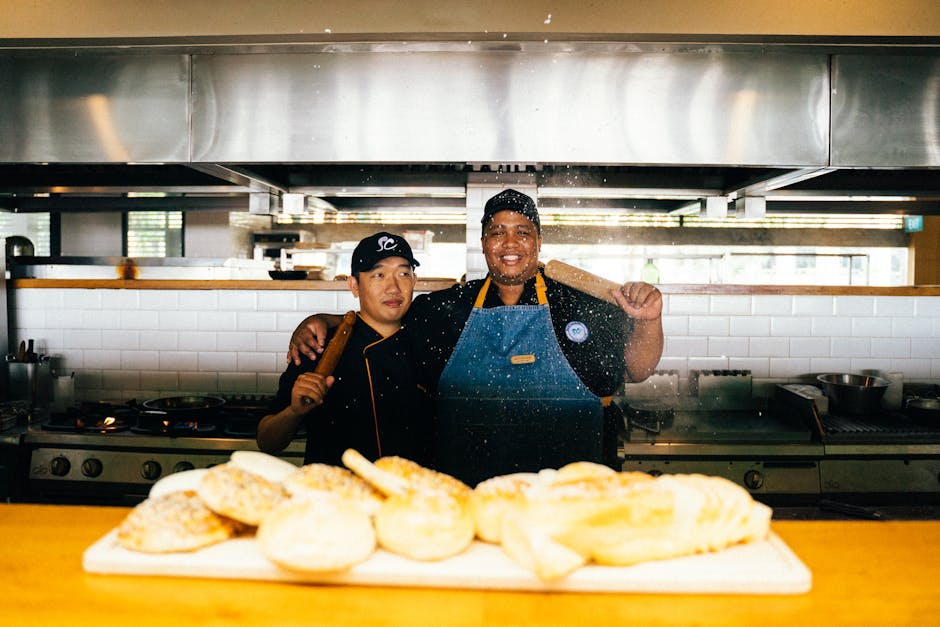Recruiting Nepali Pastry Chefs
The Rising Demand for Nepali Pastry Chefs in GCC
GCC restaurants increasingly recognize Nepal’s exceptional culinary training programs. Additionally, Nepali chefs bring unique flavor perspectives that differentiate restaurant offerings. According to World Bank migration reports, skilled culinary workforce migration from Nepal has grown by 28% since 2020. Moreover, their adaptability to international kitchens makes them valuable assets. Consequently, five-star establishments particularly seek their expertise in delicate pastry work.
Why Nepali Baking Talent Excels in GCC Kitchens
Nepali pastry chefs demonstrate remarkable proficiency in both European and Asian techniques. Furthermore, their training often incorporates rigorous apprenticeship models. For example, many graduate from reputed institutions like Helmsley Culinary Academy with multi-cultural baking expertise. Importantly, their cultural background emphasizes precision and patience—essential traits for pastry excellence. Subsequently, these qualities translate into exceptional dessert presentation and consistency.
Key Strengths of Nepali Pastry Professionals
- Mastery of temperature-sensitive techniques in GCC climates
- Innovation in fusion desserts blending local and international flavors
- Proficiency in volume production without compromising quality
- Adaptability to diverse menu requirements and ingredient availability
Effective Recruitment Strategies for Nepali Chefs
Successful recruitment requires understanding Nepal’s culinary education landscape. Additionally, partnering with verified institutions ensures quality talent sourcing. Meanwhile, Allianz HR resources provide templates for effective skill assessment protocols. Importantly, conducting practical trials either virtually or in-person proves essential. Consequently, these methods verify technical competence and creativity under pressure.
Digital Recruitment Channels for Chef Acquisition
Firstly, specialized culinary job portals like CatererGlobal yield targeted results. Secondly, professional networking platforms help identify passive candidates. Thirdly, industry-specific forums provide access to recommendation networks. Finally, social media campaigns highlighting workplace culture attract top-tier talent.
Navigating Visa and Legal Requirements
GCC countries have specific visa categories for skilled culinary professionals. Moreover, Nepal’s Foreign Employment Bureau facilitates streamlined processes for overseas placements. However, requirements vary significantly between UAE, Saudi Arabia, Qatar, and other GCC nations. Therefore, consulting with immigration experts prevents costly delays. Importantly, work permits typically require attested culinary credentials and health certifications.
Cultural Integration and Retention Strategies
Successful integration begins during the pre-arrangement phase. Furthermore, comprehensive orientation programs accelerate kitchen team assimilation. According to hospitality industry studies, chefs receiving cultural training show 40% higher retention rates. Additionally, providing language support enhances communication in multilingual kitchens. Consequently, these investments significantly reduce early departure incidents.
Proven Retention Approaches for Nepali Pastry Chefs
- Structured career progression pathways with skill development
- Cross-training opportunities with international pastry experts
- Recognition programs celebrating cultural contributions to menus
- Competitive compensation packages with performance incentives
Training and Skill Development Programs
Continuous skill enhancement ensures chefs remain updated with global trends. Moreover, GCC restaurants often sponsor specialized workshops and certifications. For instance, French pastry masterclasses or sugar artistry seminars maintain competitive advantage. Additionally, scheduling consultations with culinary HR experts helps design effective training budgets. Importantly, these investments demonstrate organizational commitment to professional growth.
Compensation and Benefits Benchmarking
Remuneration packages must reflect skill level and market standards. Furthermore, benefits should address specific needs of expatriate chefs. According to industry salary reports, pastry chefs in GCC receive 20-30% higher compensation than regional averages. Additionally, housing allowances, health insurance, and annual travel provisions significantly influence acceptance rates. Consequently, transparent communication about total package value improves offer acceptance.
Measuring Recruitment Success and ROI
Key performance indicators should track both quantitative and qualitative metrics. Moreover, dessert menu profitability directly reflects pastry chef performance. Importantly, customer satisfaction scores specifically for pastry sections provide valuable insights. Additionally, monitoring team cohesion metrics identifies integration success. Finally, calculating time-to-productivity ratios justifies recruitment investments.
Frequently Asked Questions
What makes Nepali pastry chefs suitable for GCC restaurants?
Nepali chefs combine technical training with adaptability to hot climates and cultural sensitivity toward Middle Eastern preferences.
How long does the recruitment process typically take?
From identification to onboarding, the process typically requires 8-12 weeks, including visa processing and notice periods.
What are the language requirements for Nepali pastry chefs?
Basic English proficiency is essential, with Arabic language basics provided during orientation for better team integration.
Are there cultural considerations for kitchen management?
Understanding hierarchical respect structures and communication styles ensures smooth kitchen operations and team harmony.
How can I verify pastry credentials from Nepal?
Credentials should be verified through Nepal’s Ministry of Education and attested by the respective GCC embassy for validity.
Conclusion: Strategic Advantage Through Specialized Recruitment
In conclusion, recruiting Nepali pastry chefs offers GCC restaurants exceptional culinary talent and competitive differentiation. Furthermore, the systematic approach outlined ensures both legal compliance and cultural compatibility. Additionally, investing in comprehensive integration programs maximizes retention and productivity. Recruiting Nepali pastry chefs for GCC restaurants ultimately enhances menu innovation and customer satisfaction. Finally, contact our expertise to develop your customized recruitment strategy today. Begin transforming your dessert offerings with world-class talent immediately.




